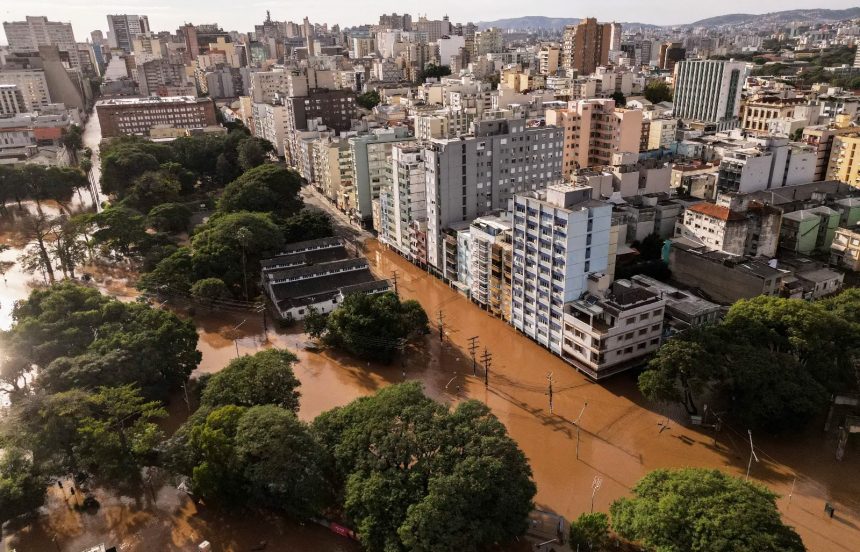Welcome to the inaugural edition of State of Emergency, a special newsletter series brought to you by Grist. I am Zoya Teirstein, and I am thrilled to be co-reporting this project with my colleague Jake Bittle. We are excited to have you with us!
Although research shows that climate change is a key concern for many voters, it often does not play a significant role in their voting decisions on Election Day. Usually, the state of the economy, as well as the perception of it by voters, tends to sway the outcome of elections. However, climate change does have an impact on the ballot box.
In the coming months, we will delve into how extreme weather events, worsened by human-induced global warming, are shaping elections. Floods damaging polling locations, wildfires displacing voters, and prolonged recovery efforts eroding trust in government are just a few examples of how disasters are influencing politics.
From the flooded suburbs of Brazil to the drought-stricken streets of Delhi, disasters are affecting elections and political engagement across the globe. We will bring you stories from the front lines and draw on research to explore how extreme weather influences voter behavior.
Stay tuned as we uncover the effects of climate disasters on voting trust, the potential impact of water conflicts on elections, and what steps you can take to ensure your vote is counted after a disaster strikes your area. Let’s dive into the intersection of disasters and politics together.
Additionally, as extreme heat in the U.S. continues to pose a serious threat to public health, we will explore how elected officials are attempting to address this issue amidst growing denial and partisanship.
In this edition, we cover the aftermath of Hurricane Debby in Florida, a major grant awarded to the United Houma Nation for climate resilience, and an ad campaign urging swing state voters to consider the role of climate change in disasters.
Join us as we navigate the impact of disasters on elections and political engagement in State of Emergency.






